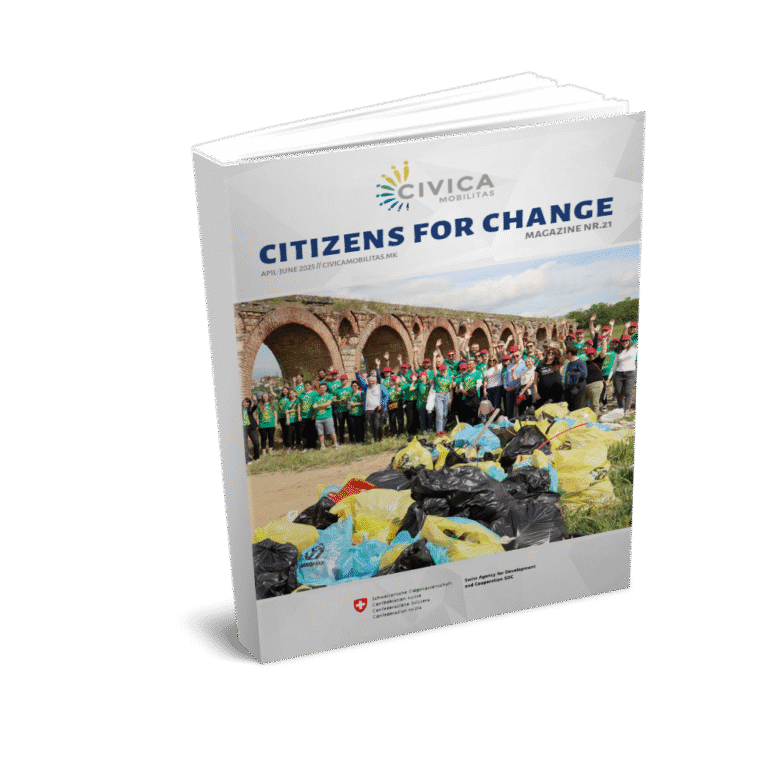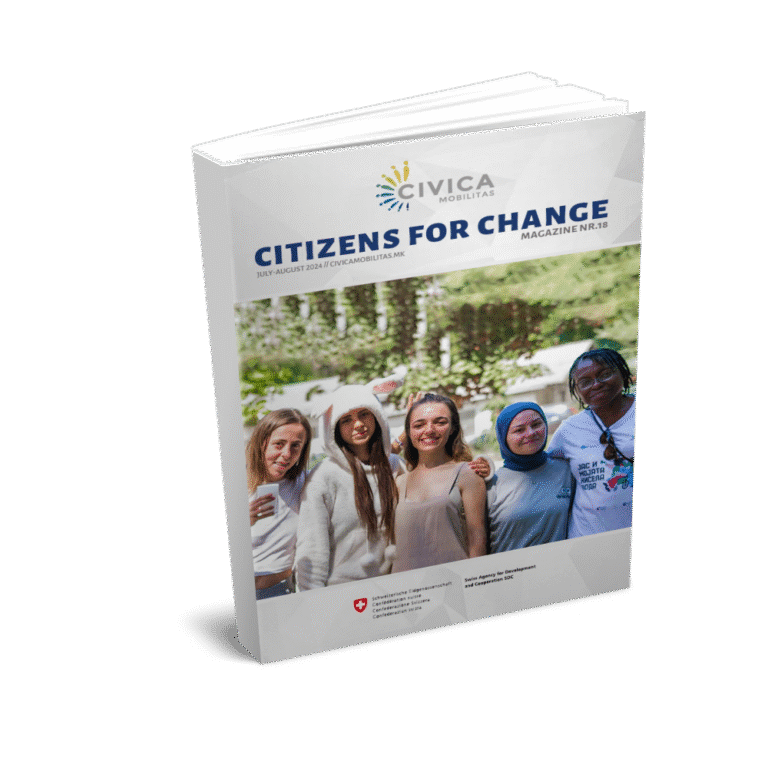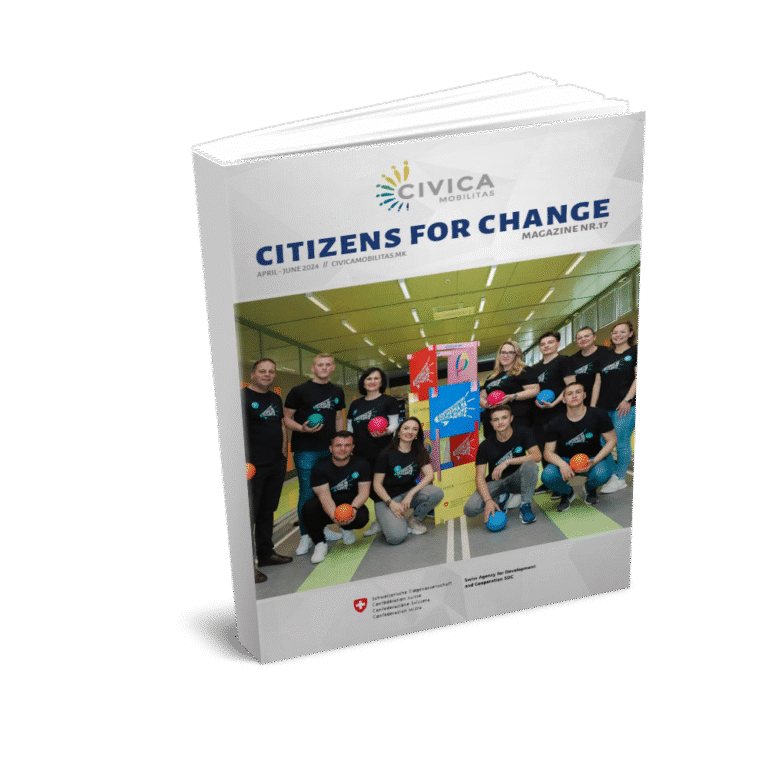Citizens for Change #9
APRIL - JULY 2021
In the quarter that is covered by this issue of “Citizens for Change”, the state made a big step forward to better protection of the environment – it protected Shar Mountain by proclaiming it a national park. Finally, after 27 years since the first initiative in 1994, all the parties involved can take a deep breath, since one part of the road has been successfully passed and we all congratulate them for this. And we thank them, because what they did for Shar Mountain concerns us all. “It was a long and tedious process”, say the people involved, “with many involved parties, many experts, more domestic ones than foreign”, and because there were so many stakeholders in the process, the satisfaction is bigger.
However, we are all facing new challenges now – how will all the needs, wishes, demands which have been put into a law be implemented in practice now. There are quite some examples of non-implementation of good laws, and probably therefore the euphoria with the proclamation must not be overwhelming. In a statement given for the Balkan Institute for Regional Cooperation (BIRS), Minister Nuredini said that the Ministry is obliged to establish the public enterprise that will manage the national park in the first three months after the adoption of the law, a deadline that ends at the beginning of October, if one takes into consideration the date on which the law was published in the Official Gazette.
Then, a guard service will be established to protect the national park. Until then, the protected Shar Mountain is not protected yet. Or, as one mountain fan whom I met on Shar Mountain says, “there is a vacuum which is very dangerous, nothing can be done, yet nobody is taking care of it”. Therefore, all the people involved so far, all nature lovers who “cruise” Shar Mountain, the local population and all of us, we should be extremely careful – not to cause more harm than benefit. As much as we need Shar Mountain, it also needs us.
The main topic of this issue is the civic engagement, and in this spirit, you will find texts on many activities of the CSOs related to protection of water resources, cleaning of lakes, monitoring of rivers, but also those that draw attention to vulnerable categories of people, the second “Pride Parade”, introduction to the Law on Prevention and Protection from Discrimination, the LGBTI community, HIV positive persons, people with impaired sight, etc. In cooperation with the institutions or individually, CSOs f ill in critical gaps with their work. The Centre for Change Management digitized part of the services of the Ministry of Education and Science, Bravura Kooperativa works on economic empowerment of the children without parents or parental care, and RESIS is dedicated to the communication rights of the vulnerable groups. Konekt has granted their sustainable development awards for the second time, and Rural Coalition has researched the state funding at local level.
And something else, as an announcement. There is a new Strategy of the Government for Cooperation and Development of the Civil Society. The Unit for Cooperation with NGOs announced broad consultations with CSOs, do not miss the chance to give your thoughts and remarks, before the process is closed.
Have a pleasant reading!








